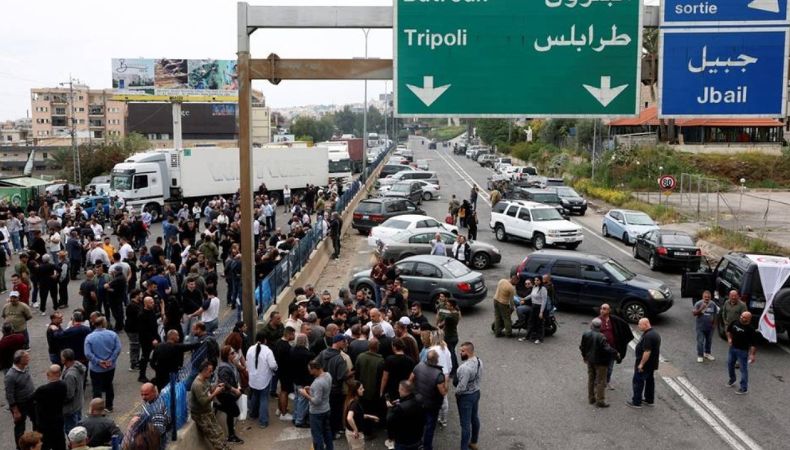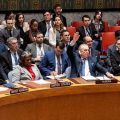Lebanon’s political turmoil intensifies as politician’s death fuels sectarian strife

The death of Pascal Sleiman, a local politician in Lebanon, has mixed deep-seated partisan and political pressures inside the nation, worsening existing blame lines and raising concerns around the potential for advance viciousness. Sleiman’s affiliation with the anti-Hezbollah Lebanese Forces Party, especially in a transcendently Christian coastal zone, has included a partisan measurement to the complex elements of Lebanese legislative issues.
Sleiman’s killing has not only stunned the country but has also incited fears of reestablished clashes between rival groups. The Lebanese Forces Party, to which Sleiman had a place, rapidly rejected the official story encompassing his death. Instep, they state that Sleiman was focused on and killed due to his party’s vocal restriction to Hezbollah, a powerful Shiite group with critical impact in Lebanon.
Political motives behind the killing
The Lebanese Forces Party’s quick refusal of the official account of Sleiman’s passing underscores the profoundly dug in political contentions and ideological divisions that characterize Lebanese politics. Agreeing to the party’s declaration, Sleiman’s murder was not an irregular act of savagery but a planned political death pointed at hushing disagreement and threatening restriction voices.
The party’s position reflects broader doubts inside Lebanon’s political scene, where trick hypotheses and charges of foul play frequently proliferate. In this case, Sleiman’s alliance with a party known for its resistance to Hezbollah lends validity to the idea that his slaughtering was politically propelled.
Rising feedback and developing outrage towards Hezbollah
Sleiman’s death has heightened feedback and outrage towards Hezbollah, especially inside Lebanon’s Christian community. Recent events, counting Hezbollah’s affirmed endeavor to dispatch rockets into Israel from a Christian town, have fueled hatred towards the Shiite group.
The Lebanese Forces Party’s condemnation of Sleiman’s slaughtering as a political death underscores broader concerns over Hezbollah’s impact and exercises inside Lebanon. Numerous Lebanese Christians see Hezbollah’s activities as a risk to their community’s interface and security, driving to increased pressures and enmity towards the gathering.
Calls for restriction while raising savagery
In the wake of Sleiman’s death and the following pressures, government authorities and devout pioneers have issued calls for calm and restriction. Lebanon’s top Christian cleric, Patriarch Beshara al-Rai, has encouraged for control and dialogue, emphasizing the need to dodge advance heightening of savagery.
Keep Reading
In any case, in spite of these calls for restriction, incidents of savagery against Syrians have ejected in a few parts of Lebanon, with hordes assaulting people seen to be Syrian citizens. These acts of viciousness highlight the unstable nature of Lebanon’s social and political scene and the challenges confronting endeavors to de-escalate pressures and advance compromise.
Pascal Sleiman’s death has developed partisan and political blame lines in Lebanon, raising concerns around the potential to assist viciousness and flimsiness. The Lebanese Forces Party’s dismissal of the official account encompassing Sleiman’s death and its affirmations of political thought processes behind the slaughtering emphasize the complex flow of Lebanese politics and the deep-seated divisions inside the nation. As Lebanon hooks with the consequence of Sleiman’s death, calls for restriction and discourse are significant to avoid assisting heightening and cultivating compromise among Lebanon’s different communities.







